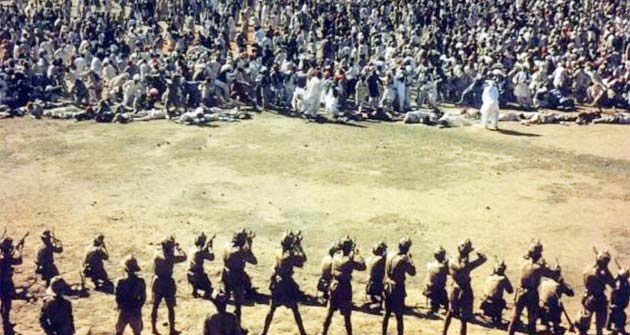A Short Introduction:- The Rowlatt Act #3
The Rowlatt Act

In 1919 a new Act was passed by the British government to give themselves greater power over the people of India. This Act was called the Rowlatt Act and was named after the Rowlatt Commission who had sent recommendations to the Imperial Legislative Council. The Act was also known as the “Black Act” or “Black Bill” by the Indians who protested it. This law was strongly opposed by the people of India because it gave the British government even more authority over them. This new Act allowed the British to arrest and jail anyone the wish without trial if they are thought to be plotting against the British. The Viceroy Government also had the power to silence the press with this new Act which which lead to a call to revolt in the form of a Hartal.
Along with the other leaders of the Indian Revolution, Mahatma Gandhi was largely against this new act. He saw that is was wrong and did not believe that you could punish a group of people for a single crime. The Rowlatt Act sparked a large amount of anger with the leaders and common people of India. This however did not greatly affect the British as they were still able to keep control over the people. To try and put an end to this, Gandhi and the other leaders called for a Hartal ( a time of fasting and suspension of work) to show the British the Indians discontent with their rule. The Hartal was quickly called to an end by Gandhi when riots and violence broke out which went against Satyagraha, one of Gandhi’s major principals.
On April 13, 1919 a protest was held at Jallianwala Bagh a public park. This was a protest against the arrest of two leaders of the Indian Congress under the Rowlatt Act. This protest was peaceful until General Reginald Dyer arrived with his troops and without warning opened fire on the crowd. After ten minutes of firing around a thousand people were killed and two thousand were left injured. This massacre was the darkest time for British rule and completely turned the Indians against British rule.
Hi! I am a robot. I just upvoted you! I found similar content that readers might be interested in:
https://sites.google.com/site/gandhi2014/the-rowlatt-acts
Yes you visit my site it is my article.